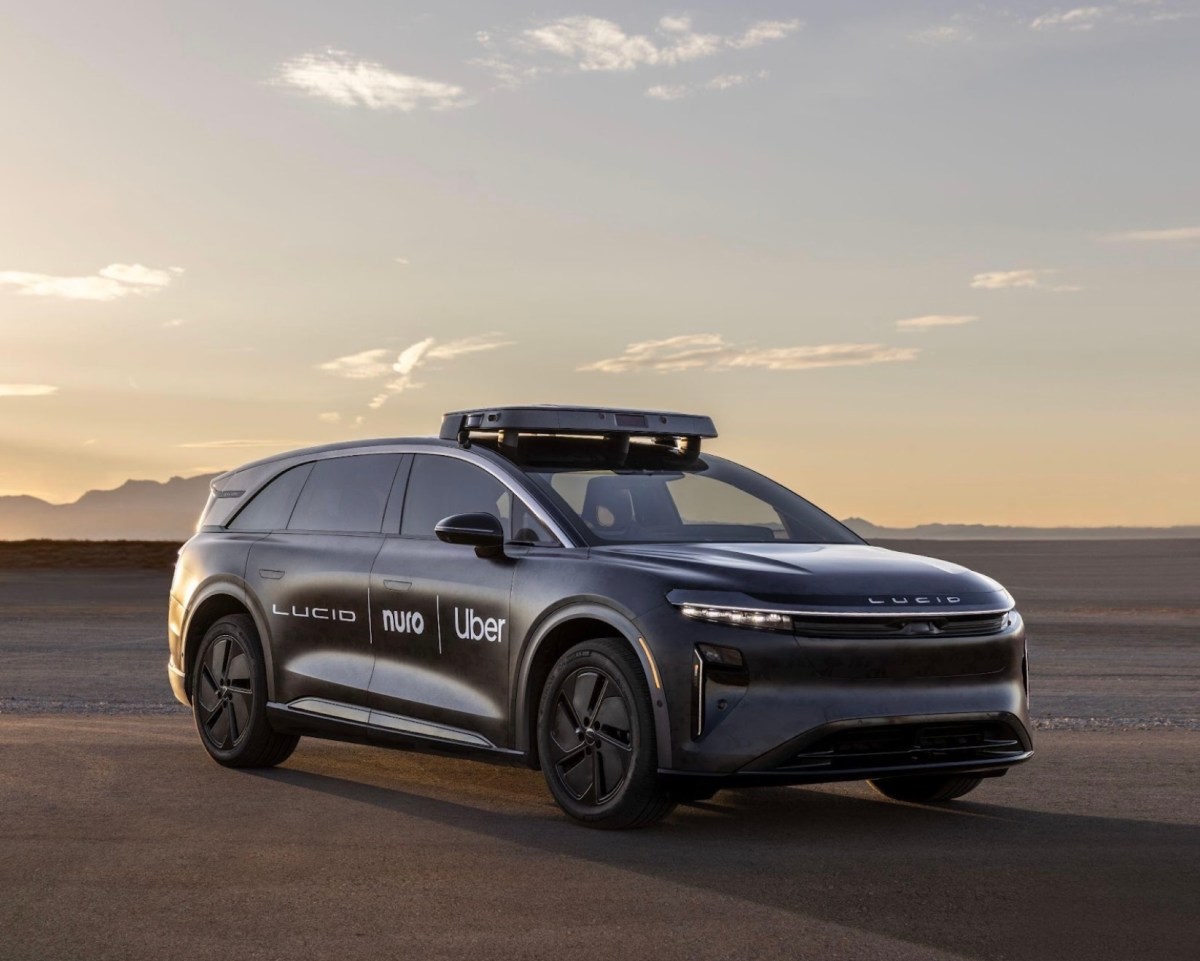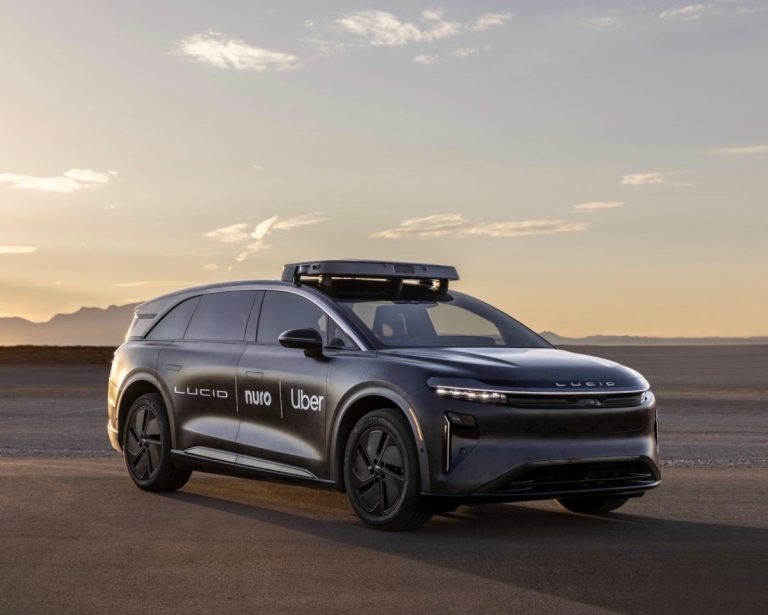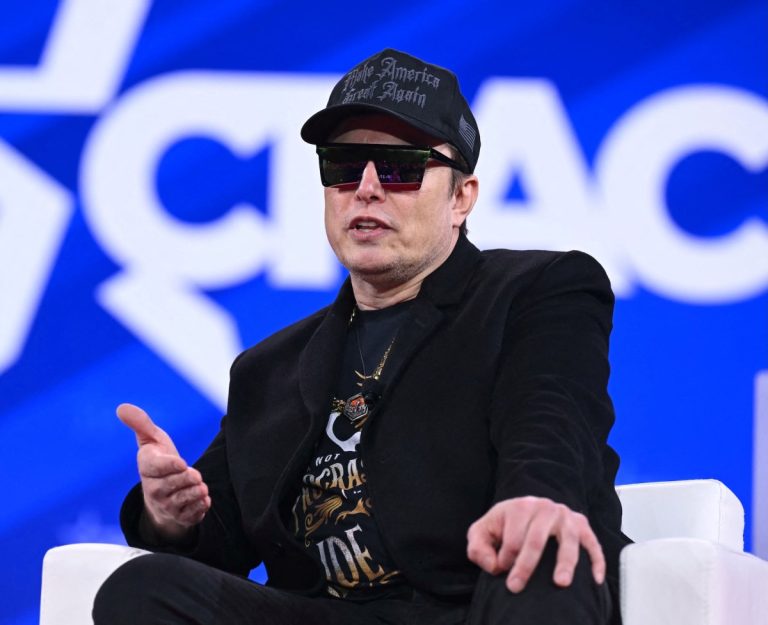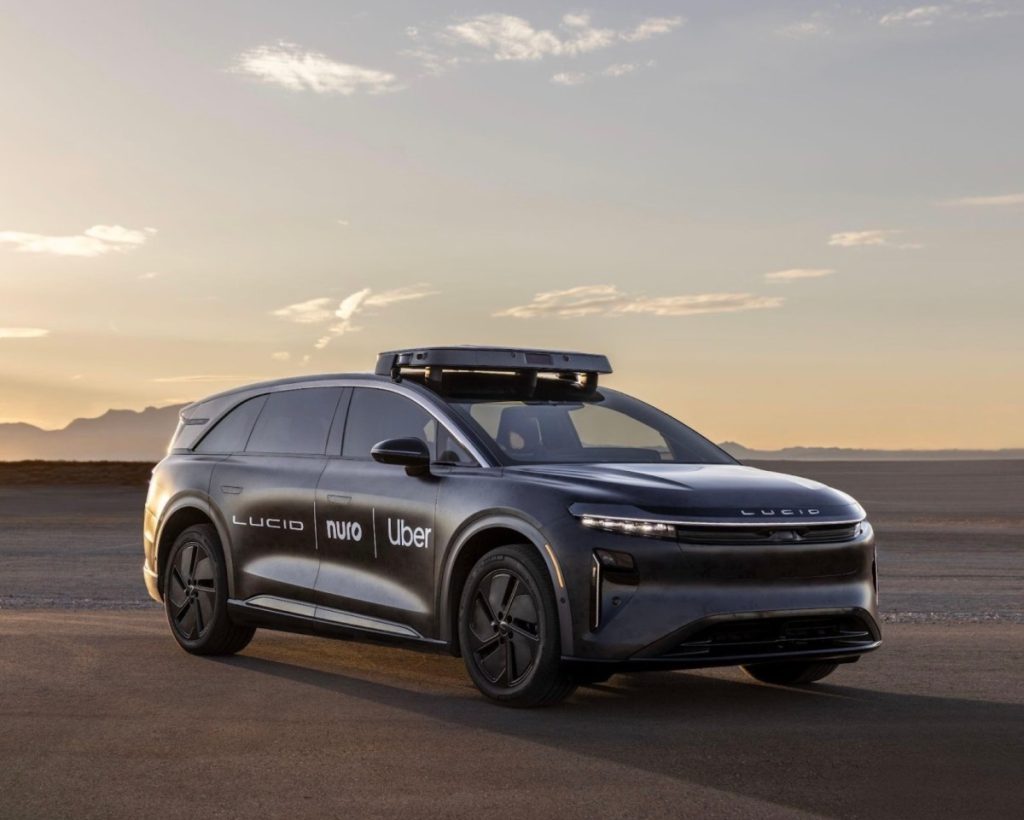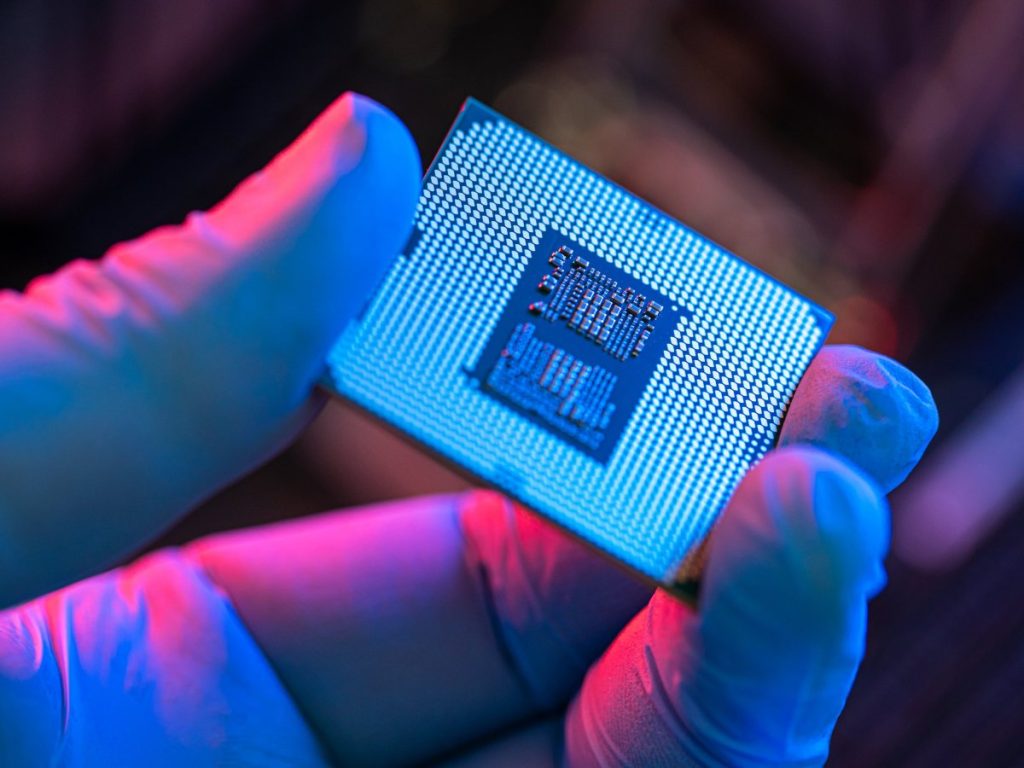Uber has announced a strategic partnership with electric vehicle manufacturer Lucid and autonomous driving startup Nuro, committing hundreds of millions in funding to establish a premium robotaxi service. The three-way collaboration includes a $300 million investment in Lucid and an order for at least 20,000 customized Gravity SUVs equipped with Nuro’s advanced self-driving technology.
Production of the autonomous-ready Gravity SUVs will begin in late 2026, with Uber planning to launch its first driverless ride-hailing service in a major U.S. metropolitan area as early as next year. The vehicles will feature Nuro’s Level 4 autonomous systems, enabling full self-driving capabilities under specific conditions without requiring human intervention.
“This partnership represents a transformative moment in urban mobility,” said Nuro’s leadership team. “By combining Lucid’s cutting-edge electric platforms with our autonomous technology and Uber’s vast transportation network, we’re creating a scalable solution that prioritizes safety, efficiency, and rider experience.”
The collaboration marks Uber’s most significant push into autonomous transportation to date, building on existing partnerships with 18+ mobility technology providers worldwide. Recent deals include autonomous microbus services with Volkswagen and urban robotaxi deployments with Chinese firms WeRide and Baidu.
Strategic Advantages
- Lucid Gravity SUVs offer built-in hardware redundancies for seamless autonomous integration
- Nuro’s track record in scaled autonomous systems development
- Uber’s existing partnerships with Waymo in operational markets like Austin and Atlanta
This investment continues Nuro’s strategic pivot from consumer-facing delivery robots to enterprise technology licensing. After multiple restructuring efforts and leadership changes, the company has shifted focus to supplying autonomous driving systems to automotive manufacturers and mobility providers. The Uber partnership validates this new direction, with insiders noting several additional licensing agreements in development.
Industry analysts highlight the move as a calculated response to growing competition in autonomous ride-hailing services. “Uber is positioning itself to control both the technology stack and vehicle supply chain,” said mobility sector expert. “By vertically integrating EV manufacturing with autonomous systems through strategic partnerships, they’re building infrastructure for rapid market expansion.”

